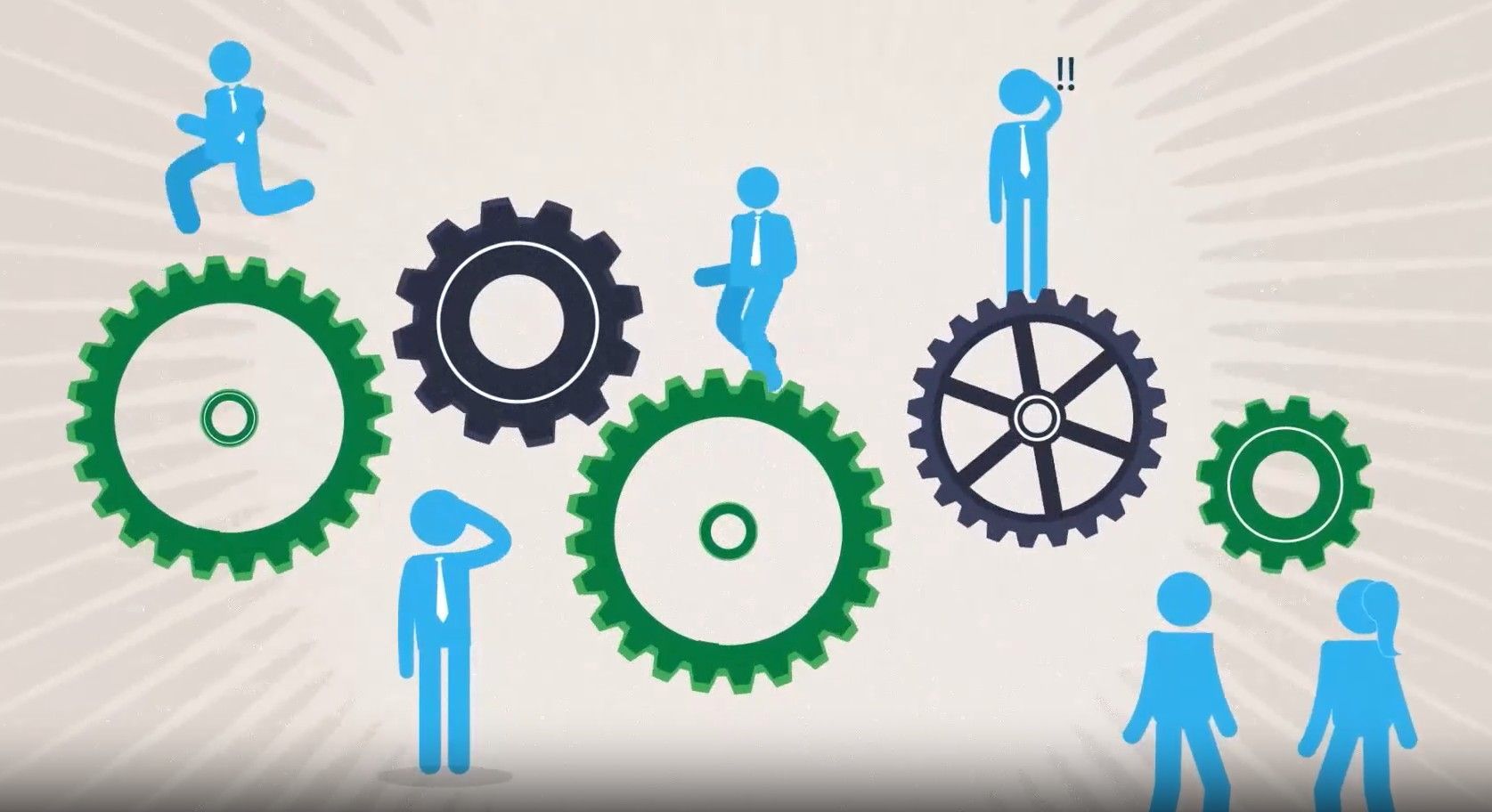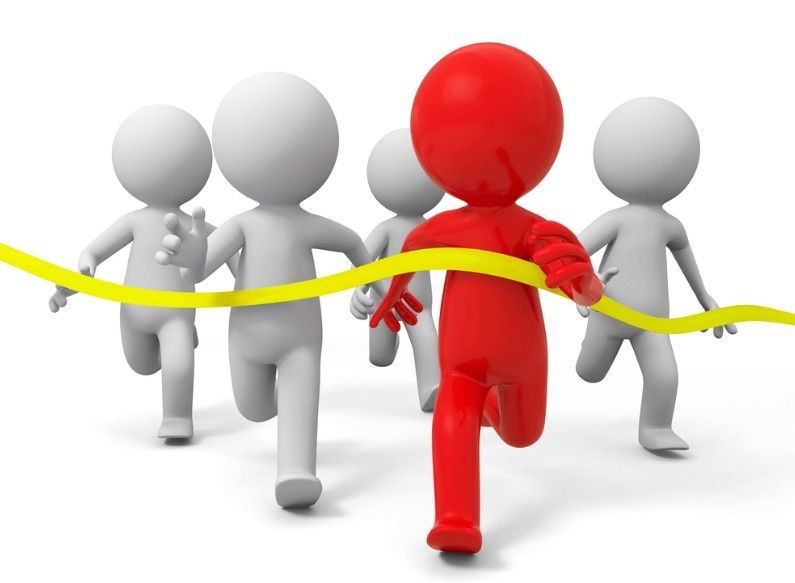PSI Announces FOCIS® Contest Winners for 2006
August 14, 2025
Productive Strategies today announces the winners of the 2006 FOCIS® Contest for graduates of the FOCIS® Selling Workshop. Winners were selected based on information they submitted on their use of FOCIS® during major sales opportunities, or their support of FOCIS® best practices within their company.
And the winners are……
1st Place: Darren Graham , AIR-serv Group, United Kingdom, $500 prize
2nd Place: Joe Parys , CenterPoint Energy Gas Services. $300 Prize
3rd Place tie: Mary Schick , AIR-serv Group, North America $100 prize; John Driscoll , Administaff Inc. $100 prize
We are sharing information we received from the contestants so that their success can be used as a teaching tool for all of us using FOCIS® in our daily business development activities.
Darren Graham took first place for the extraordinary achievement of winning four major United Kingdom accounts — Morrisons, the leading hyper market in the United Kingdom; Esso; Exxon-Mobil and Wal-Mart Europe — within six months of taking FOCIS® in the United States last March. Darren had called on most of these accounts for the past five years, with little success. He commented at his last FOCIS® session that our teachings seemed very logical, but quite different than his training in Europe. He had been taught to focus on solutions and to stay away from discussing the challenges facing prospects.
AIR-serv’s main product and service is the paid air service in gas stations. Darren had to persuade these prospects:
- To offer paid air rather than free air service (this is a major philosophical change for many companies)
- To use an outside firm rather than purchase their own equipment
- To use AIR-serv versus the competition
Darren’s first success came at a meeting with a customer who owned his own equipment and was using AIR-serv strictly to perform maintenance. A competitor had offered to cut the price below what AIR-serv offered, and the company had called Darren in to tell him the account was lost. With nothing else to lose, but not sure his study of FOCIS® was sufficiently advanced, Darren started to perform discovery. He spent a lot of time asking the clients what their objective was in offering free air. The clients said they wanted to emphasize customer service, and they figured offering free air was consistent with that. But they conceded they hadn’t spent much time thinking about the issue one way or the other.
The meeting, which was supposed to last no more than an hour, lasted four. By the end of the session, Darren had persuaded his clients that the problems they incurred by offering free air easily outweighed any negative implications their customers would experience because of having to pay for air. For example, offering free air usually meant no third party was absorbing the liability that could exist for improper inflation of tires. Additionally, Darren pointed out that when AIR-serv’s competition was performing maintenance the machines historically spent a greater period of time out of service. Ultimately, the customer became convinced that superior customer service meant having the machine available for the greatest percentage of time. Paying versus getting the air free was less important to customers than a machine that was available whenever someone had a flat tire.
With the confidence of his first sale, Darren went on to the other three major successes. In each case, the meetings lasted longer; he held back his solution until the wall of persuasion was built; and he used the clients’ opportunities, challenges, and implications to “nail” the final presentation of the solution.
Joe Parys took second place for a sale he made when he discovered his customer was fighting for approval to replace an old natural gas fired boiler that provided steam for heating and process requirements. Prior requests had been rejected due to poor payback projections.
Joe created a strategy of finding an internal champion, discovering realistic implications of the full cost of operating the older equipment and presenting the discovered intelligence to management in a format that made the payback acceptable for the capital budget.
Joe knew that his prospect was seeking a two-year payback, or 50% return on investment in new equipment. The hard energy savings from the efficiency of the new boiler were insufficient to meet the target ROI. “Many discovery questions were asked” according to Joe, to uncover the following:
- A full-time boiler maintenance person was on the staff due to the old layout of an off-site boiler house
- The boiler house could be eliminated with the new equipment
- The boiler was consuming hundreds of additional maintenance dollars, as well as boiler feed-water chemicals due to leaks
- The distance of the boiler house to the main plant required steam tunnels that were inefficient
Joe’s discovery below the surface, beyond simply comparing before and after energy costs, tipped the scales. FOCIS® teaches that an effective discovery conversation involves both the seller and buyer learning from each other. In this sale, the prospect learned that a new boiler could eliminate the need for a full-time maintenance person, and Joe learned that the old boiler was housed in a separate building, necessitating inefficient steam tunnels with high maintenance costs.
Mary Schick of AIR-serv tied for third place for her work in developing the AIR-serv Sales Excellence Resource Manual. This book will be used by the AIR-serv sales force to organize the various groupings of FOCIS® discovery questions for different types of sales situations. The book is divided into sections that reflect the customer’s current situation. Those include customers offering no air service today, those offering free air with and without maintenance contracts, those offering paid air, and national accounts (major oil companies). Mary wrote, “FOCIS® training helped me understand the challenges of my new industry and trained me to sell in a more productive, efficient manner. The days of asking open and closed questions, identifying features and benefits and overcoming objections are a thing of the past. I am now focusing on identifying the challenges, and on building the wall of implications or determining the problem and counting the cost of the problem.”
Mary went on to write, “As a sales manager, it is my responsibility to practice the FOCIS® techniques as well as reinforce the skills with my sales team. The work done in the class was invaluable, and I saw a huge benefit of providing a tool to the sales team to use in the field.”
John Driscol l, a sales manager with Administaff, Inc., tied for third place. John used FOCIS® to help a manufacturing company understand the true cost of employee turnover. John discovered the costs associated with the job not being performed during the interim; the cost of advertising the new position, interviewing candidates and performing background checks; the cost of other employees working to cover during the transition; and the cost of training the new person, and the associated inefficiencies of the learning curve for the new employee.
John reported to PSI that the prospect and Administaff discovered that turnover was costing the manufacturing company more than $300,000 per year. This amount was significantly higher than the fees being quoted for Administaff to enable the company to outsource its HR functions.
All of the other advantages brought by Administaff to the situation were “free.”
Darren, Joe, Mary and John not only won this year’s PSI contest, they won significant business by relying on FOCIS® fundamentals. We hope you will share your FOCIS® successes with us as well.
The post PSI Announces FOCIS® Contest Winners for 2006 appeared first on Productive Strategies, Inc..










